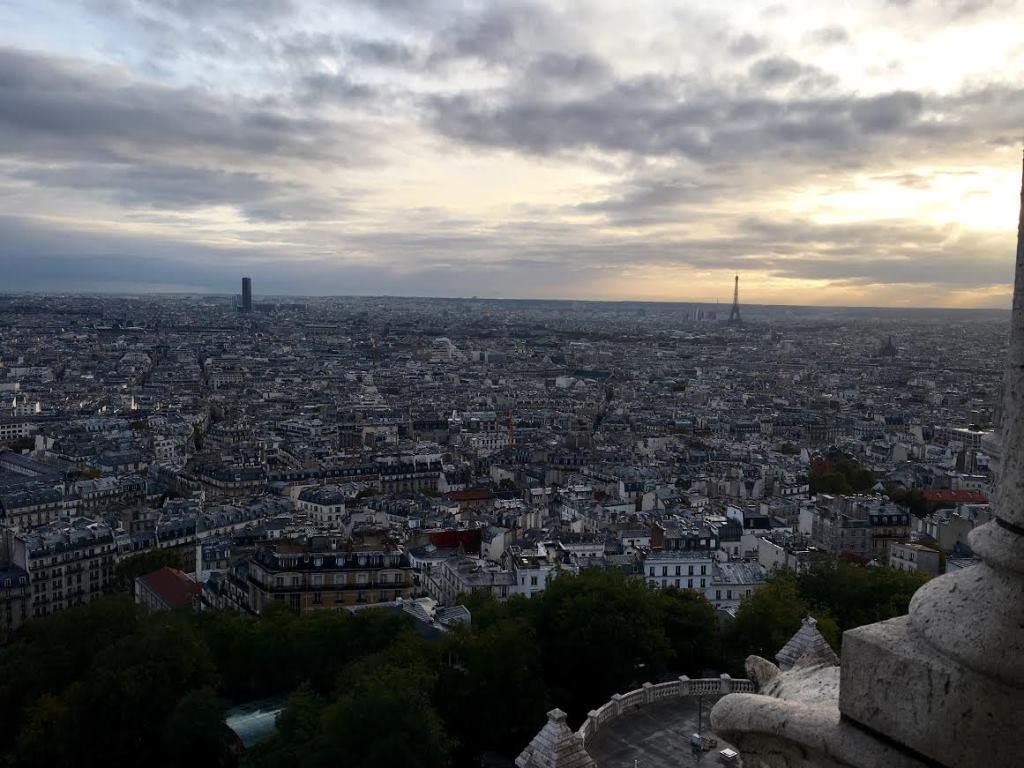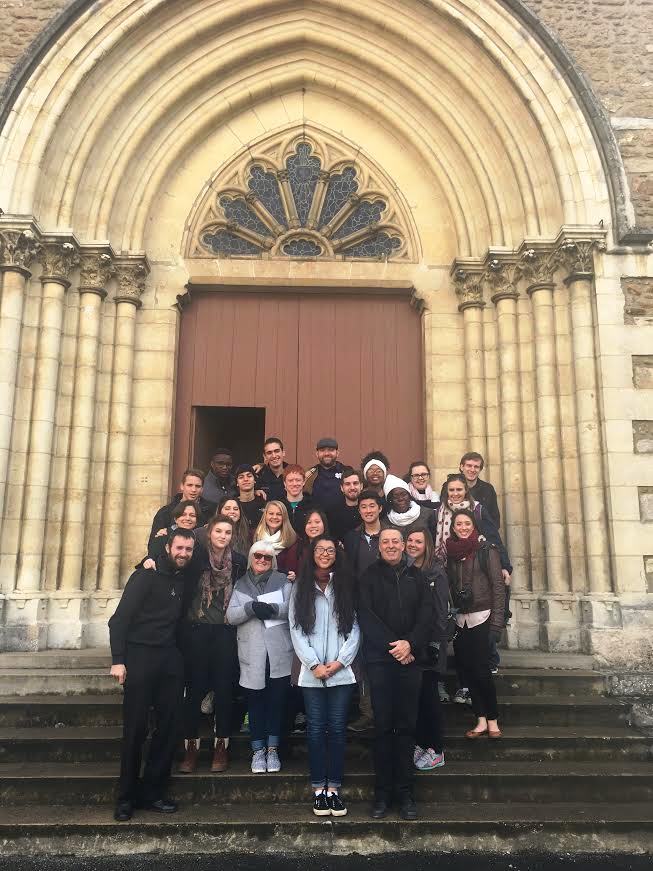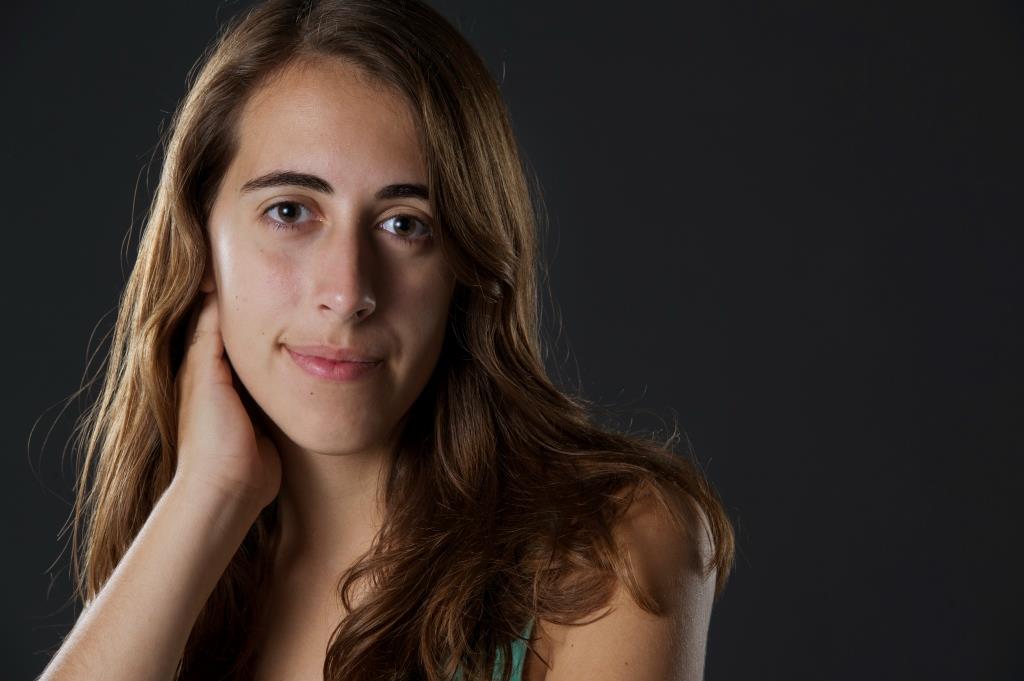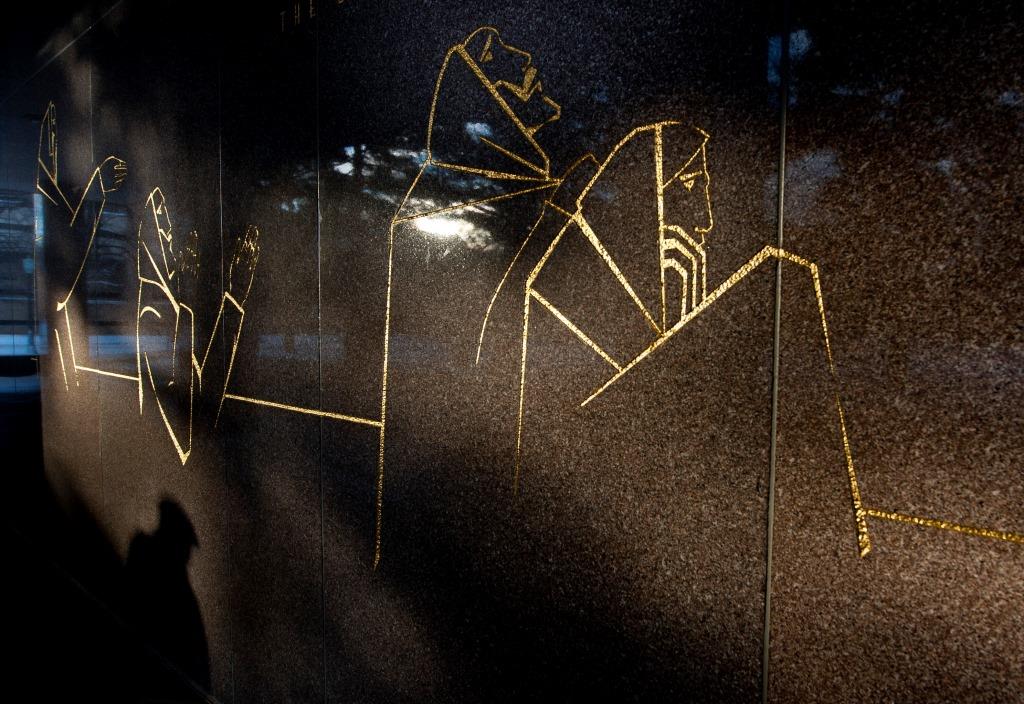Jessica Pedroza, Senior
During a recent pilgrimage to Mexico City, Father Joe (famous for Spanish and milkshake Mass) said the language in which you pray and do math is your primary language. I suppose this makes me bilingual. Just as I don’t think twice about breathing, I don’t hesitate to address God in Spanish or reason through the steps of a math problem in English. I’ve always grown up around two languages and two cultures, but my spiritual identity resonates more clearly within my Mexican/Latina culture.
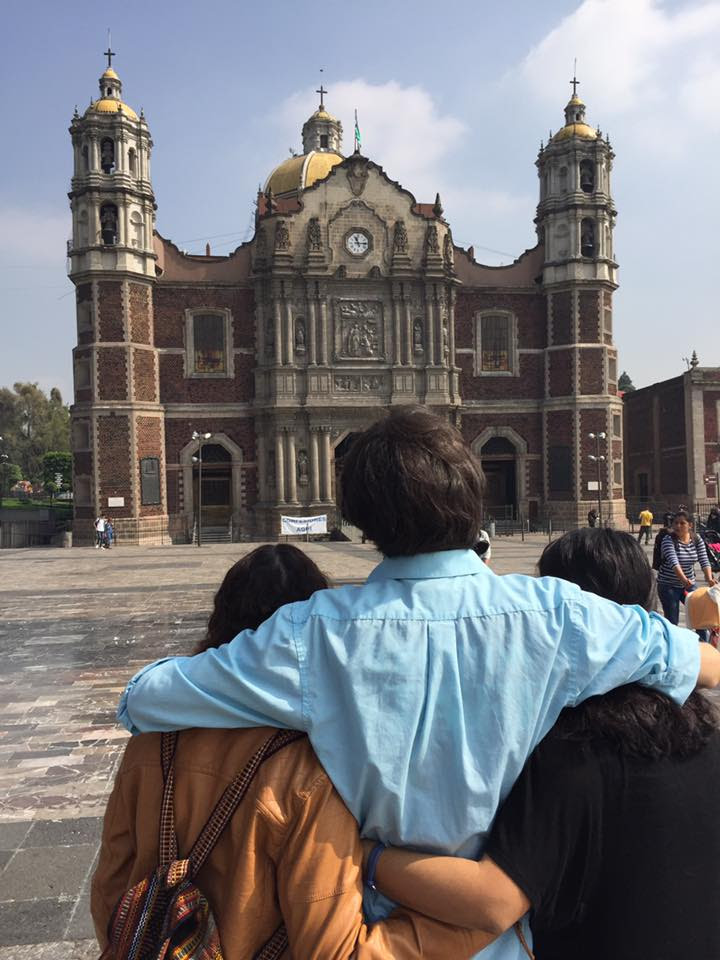
I remember those weeknights as a young girl when my mom, sister, and I would kneel while my dad and brother stood – all of us praying el Santo Rosario (the Holy Rosary) as a family. In the silence of my heart, I would pray for my dad to stop drinking.
I remember those Friday nights when we’d go to the casa de oracion (prayer house) and worship God through song, clapping and shouting “Gloria a Dios!” (Glory to God).
I remember the day of my Quinceañera and how, in the midst of the princess dress and the big cake, we made sure to stop and celebrate Mass before the party to give thanks to God and leave some roses for la Virgen de Guadalupe, the patron saint of Mexico.
At some point, the prayer house stopped running. My Sunday parish switched from celebratory, upbeat songs in Spanish to solemn hymns in Latin. I began attending a Catholic high school where the monthly Mass and prayers were in English. But I couldn’t connect with “Our Father, who art in heaven” as much as I could with “Padre Nuestro que estás en el cielo.” I started, for the first time, to study theology and I had so many doubts. And I had forgotten to pray every night because God had already helped my dad to get sober. I didn’t need to ask for much else.
I didn’t come to Notre Dame to better connect to my Catholic identity. Little did I know, my faith would become an integral part of my experience here.
You can’t imagine…
The love I felt that first night freshman year when Father Joe, knowing I had arrived without my parents, came to visit me in my dorm and left me a note;
The joy I felt when I first went to Spanish Mass and heard the same worship songs I had heard as a child, and recited the Spanish prayers that seem to roll easier off my tongue;
The awe I felt when I saw the impact La Basilica de Guadalupe in Mexico City had on my friend as he kneeled and cried in front of Nuestra Señora (Our Lady);
The ache I felt placing a picture of the grandparents I never met on the Dia de los Muertos (Day of the Dead) Altar at an Institute of Latino Studies celebration; and
The peace I felt spending time alone at the Grotto one Thanksgiving when I couldn’t make it back home to my family.
After nearly three and a half years, Notre Dame feels more like home than home now, and I think the opportunity for me to worship in both languages has a lot to do with it. I’d love for people to understand that sometimes we seek spaces where we can be completely ourselves. It’s not that I don’t want to participate in my dorm community. Rather, Spanish Mass is the best way I can let God work through me. It is because my culture is full of traditions, like Posadas, when we walk with candles through campus, remembering Mary and Joseph trying to find shelter and Dia de Los Muertos, where we construct altars to remember our dead family members and friends and celebrate life…
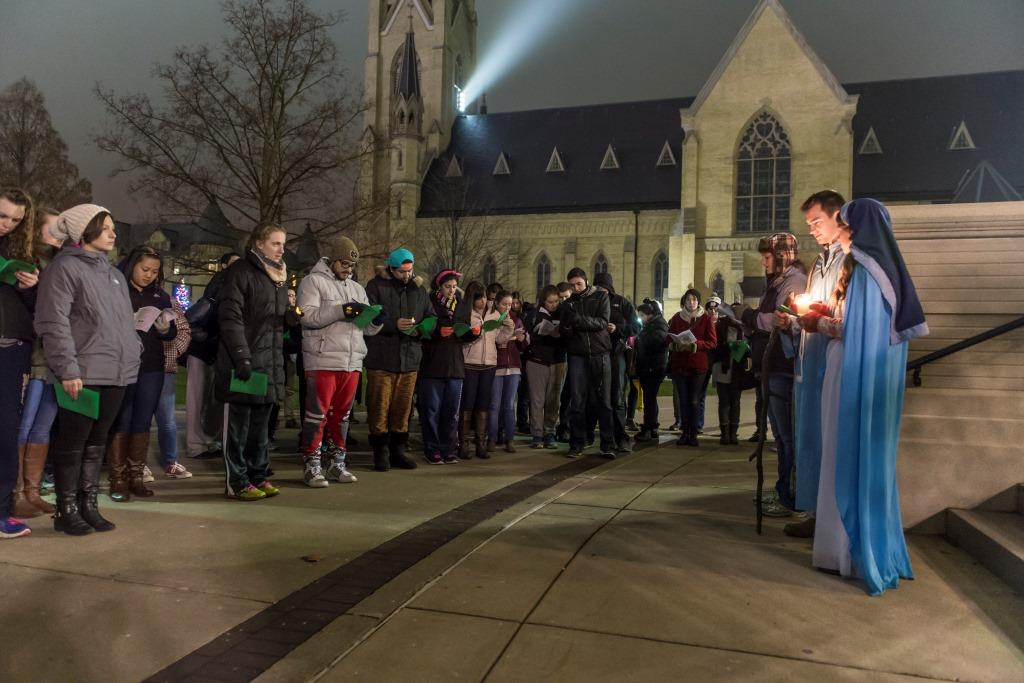
I thought that, in college, I’d get so wrapped up and busy in other things that I would continue to lose that child-like faith I once had. I still fall and I still question, but what a beautiful blessing it is to be able to continue to grow in my faith and experience God at Notre Dame – de mi manera (in my own way).
